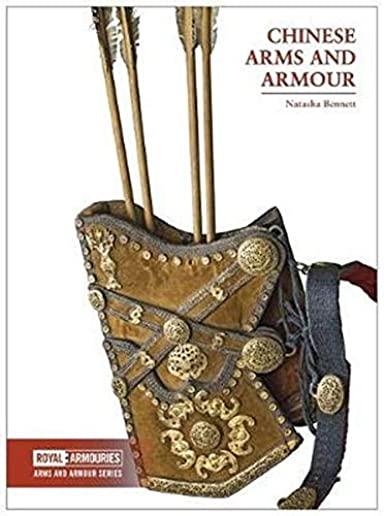
description
6A personal account of life in the orbit of Mao and Zhao En-Lai and one woman's effort to tell what it was like to be at the center of the storm.
The history of China in the twentieth century is comprised of a long series of shocks: the 1911 revolution, the civil war between the communists and the nationalists, the Japanese invasion, the revolution, the various catastrophic campaigns initiated by Chairman Mao between 1949 and 1976, its great opening to the world under Deng, and the Tiananmen Square Massacre. Yuan-tsung Chen, who is now 90, lived through most of it, and at certain points in close proximity to the seat of communist power. Born in Shanghai in 1929, she came to know Zhou En-Lai-second only to Mao in importance--as a young girl while living in Chongqing, where Chiang Kai--Shek's government had relocated to, during the war against Japan. That connection to Zhou helped her save her husband's life in Cultural Revolution. After the communists took power, she obtained a job in one of the culture ministries. While there, she frequently engaged with the upper echelon of the party and was a first-hand witness to some of the purges that the regime regularly initiated. Eventually, the commissar she worked under was denounced in 1957, and she barely escaped being purged herself. Later, during Cultural Revolution, she and her husband were purged and sent to live in a rough, poor area. She and her husband finally moved to Hong Kong, with Zhou's special permission, in 1971. A first-hand account of what life was like in the period before the revolution and in Mao's China, The Secret Listener gives a unique perspective on the era, and Chen's vantage point provides us with a new perspective on the Maoist regime-one of the most radical political experiments in modern history and a force that genuinely changed the world.
The history of China in the twentieth century is comprised of a long series of shocks: the 1911 revolution, the civil war between the communists and the nationalists, the Japanese invasion, the revolution, the various catastrophic campaigns initiated by Chairman Mao between 1949 and 1976, its great opening to the world under Deng, and the Tiananmen Square Massacre. Yuan-tsung Chen, who is now 90, lived through most of it, and at certain points in close proximity to the seat of communist power. Born in Shanghai in 1929, she came to know Zhou En-Lai-second only to Mao in importance--as a young girl while living in Chongqing, where Chiang Kai--Shek's government had relocated to, during the war against Japan. That connection to Zhou helped her save her husband's life in Cultural Revolution. After the communists took power, she obtained a job in one of the culture ministries. While there, she frequently engaged with the upper echelon of the party and was a first-hand witness to some of the purges that the regime regularly initiated. Eventually, the commissar she worked under was denounced in 1957, and she barely escaped being purged herself. Later, during Cultural Revolution, she and her husband were purged and sent to live in a rough, poor area. She and her husband finally moved to Hong Kong, with Zhou's special permission, in 1971. A first-hand account of what life was like in the period before the revolution and in Mao's China, The Secret Listener gives a unique perspective on the era, and Chen's vantage point provides us with a new perspective on the Maoist regime-one of the most radical political experiments in modern history and a force that genuinely changed the world.
member goods
No member items were found under this heading.
Return Policy
All sales are final
Shipping
No special shipping considerations available.
Shipping fees determined at checkout.







